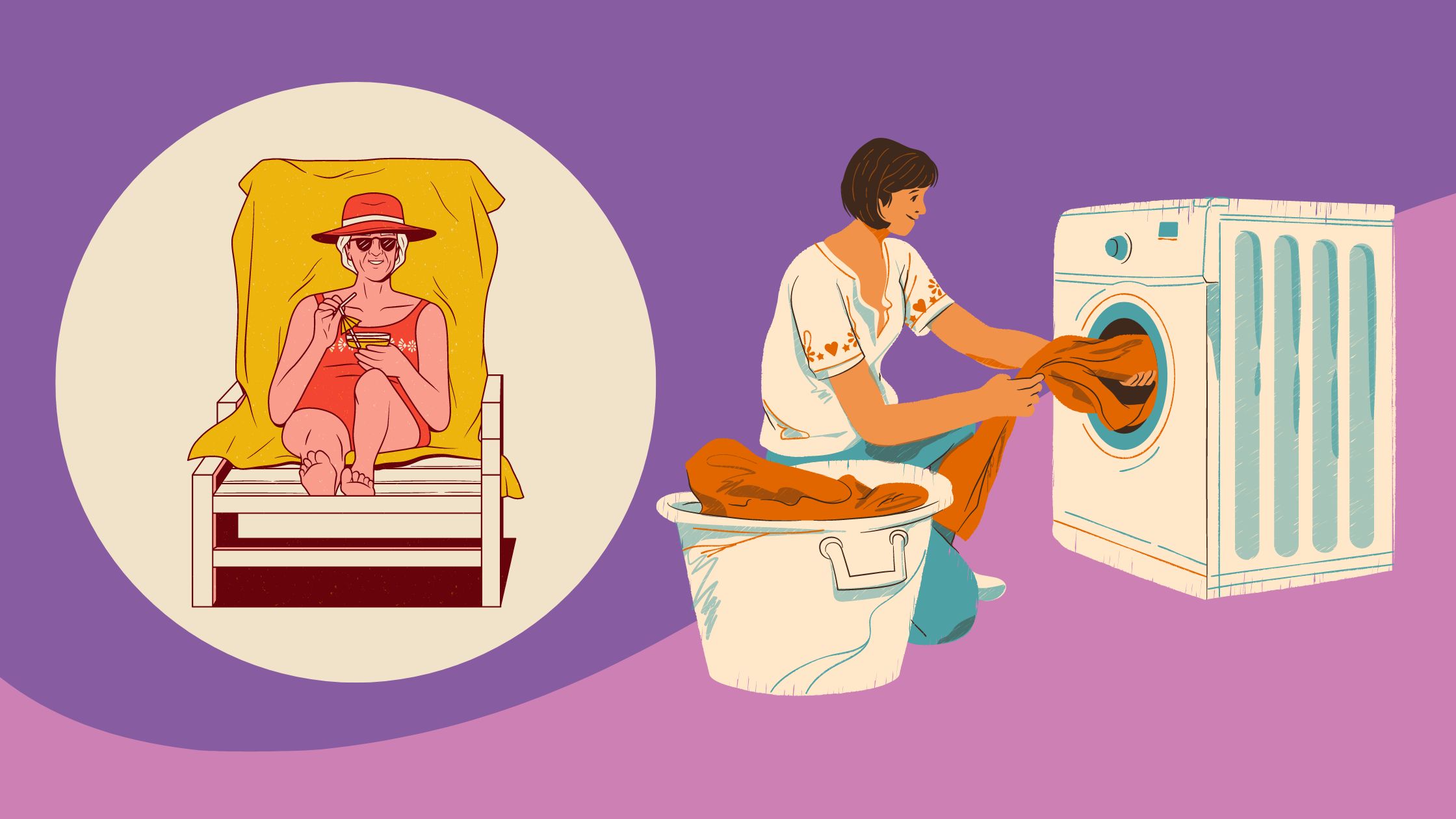10 Natural Antidepressants
Are you feeling depressed? Are you searching for natural ways to boost your mood? In this article, you’ll learn about the top ten natural antidepressants backed by scientific evidence.
How do natural antidepressants work? Natural antidepressants work by promoting a healthy balance of neurotransmitters in your brain, boosting your mood, and improving overall well-being.
These natural remedies can be an excellent alternative or complement to traditional treatments, like medication and therapy. Now let’s explore the natural antidepressants you can consider for your mental health and wellness.
1. St. John’s Wort
St. John’s Wort has long been used as a natural remedy for depression. According to National Center for Complementary and Integrative Health (NCCIH), some studies suggest it can be as effective as standard antidepressants in treating mild to moderate depression.
The herb works by increasing the levels of serotonin, dopamine, and norepinephrine in your brain, which are generally known to regulate mood.
To incorporate St. John’s Wort into your routine, you can take it as a supplement or drink it as a tea. However, be cautious, as it can interact with other medications and has potential side effects, including photosensitivity and dizziness.
It is best to consult with a healthcare professional before starting this remedy.
2. Omega-3 Fatty Acids
Omega-3 fatty acids, which are specifically found in fatty fish, nuts, and seeds, can help improve depressive symptoms.
Some evidence suggests that individuals with low omega-3 levels are more prone to depression. In fact, according to health experts, these essential fatty acids help significantly reduce inflammation and promote healthy brain function.
You can increase your omega-3 intake by consuming more fatty fish such as salmon, mackerel, or sardines. Alternatively, you can take a high-quality fish oil supplement to ensure you’re getting the right amount of omega-3s.
3. Saffron
Saffron, a precious spice, has shown promising results in treating depression. Studies indicate that saffron can be as effective as some pharmaceutical antidepressants in alleviating mild to moderate depression.
To include saffron in your daily routine, you can add it to your meals, consume it as a tea, or take it in supplement form. However, be aware that high doses of saffron can cause side effects like headaches and dizziness. Always follow the recommended dosage.
4. Exercise
According to numerous studies, regular exercise can have a profound impact on your mood. When you exercise, your body releases endorphins, which are natural mood-enhancing chemicals. Hence, a consistent exercise routine may help reduce symptoms of depression and anxiety.
Tips for incorporating exercise:
- Start small: Begin with a 10-minute daily walk, gradually increasing duration and intensity.
- Choose an activity you enjoy: Whether it’s swimming, dancing, or hiking, pick something that excites you.
- Make it social: Invite friends or join a gym for added motivation.
5. Probiotics
The gut-brain connection plays a crucial role in mood regulation. Scientists believe certain strains of probiotics can significantly improve clinical depressive disorders. That’s because it decreases inflammation and promotes a healthy gut microbiome.
To incorporate probiotics into your daily routine, you can consume fermented foods such as yogurt, sauerkraut, or kimchi or take a high-quality probiotic supplement.
6. Vitamin D
Vitamin D deficiency is linked to depression. Thus, increasing vitamin D intake can help improve depressive symptoms. The body naturally makes vitamin D when exposed to sunlight, but many people are deficient due to limited sun exposure or an inadequate diet.
To increase your vitamin D levels, spend more time outdoors, eat vitamin D-rich foods like fatty fish and fortified dairy products, or take a vitamin D supplement as recommended by a healthcare professional.
7. Lemon Balm
Lemon balm, a plant from the mint family, has been used for centuries to promote relaxation and improve mood.
Multiple studies suggest that lemon balm may help ease anxiety and depression symptoms by specifically increasing the production of certain neurotransmitters, like GABA, that play a role in mood regulation.
You may drink lemon balm tea or take supplements. But talk with your healthcare provider before starting a lemon balm supplement regimen.
8. Cocoa
Cocoa, the primary ingredient in chocolate, contains powerful antioxidants called flavonoids, which several studies indicate alleviate symptoms of depression. In particular, cocoa also encourages the production of endorphins, the “feel-good” chemicals in your brain.
A study published in the journal Depression and Anxiety showed that individuals who regularly consumed dark chocolate had a 70% lower risk of depression compared to non-consumers.
Ways to enjoy cocoa:
- Choose dark chocolate: Opt for chocolate with a high cocoa content (70% or higher) to maximize its mood-boosting benefits.
- Savor a cup of hot cocoa: Make a delicious cup of hot cocoa using unsweetened cocoa powder, milk or milk alternative, and a natural sweetener.
- Incorporate cocoa in recipes: Add unsweetened cocoa powder to smoothies, oatmeal, or baked goods for a tasty mood-enhancing treat.
9. Meditation
Meditation is an effective natural antidepressant. Believe it or not, it may help you manage stress and improve emotional well-being. In fact, regular meditation practice has been proven to boost gray matter in the brain, which is associated with improved emotional regulation.
Set aside 10-20 minutes each day for meditation. You can explore different techniques, such as mindfulness, loving-kindness, or guided meditation, to find what works best for you.
10. Ashwagandha
Ashwagandha, an ancient Ayurvedic herb, is a powerful adaptogen that may generally help your body cope with stress and anxiety, which are often linked to depression.
Some people believe that ashwagandha can regulate cortisol levels, improve stress resilience, and support overall mental health. Evidently, ashwagandha can relieve major depression.
You can find ashwagandha in capsule form or as a powder that you can add to smoothies or other recipes. But consult with a healthcare professional before adding ashwagandha supplements to your routine.
Start with a low dose and gradually increase as needed, following the recommended guidelines.
What’s the Bottom Line?
The bottom line is that natural antidepressants like St. John’s Wort, Omega-3 fatty acids, saffron, exercise, probiotics, vitamin D, and Ashwagandha can help boost mood and alleviate symptoms of depression.
However, it’s crucial to speak with a healthcare provider before making any significant changes to your routine, as individual needs and circumstances may vary. Moreover, don’t try to treat depression on your own.
Further Reading: 6 Herbs That Are Natural Antidepressants






